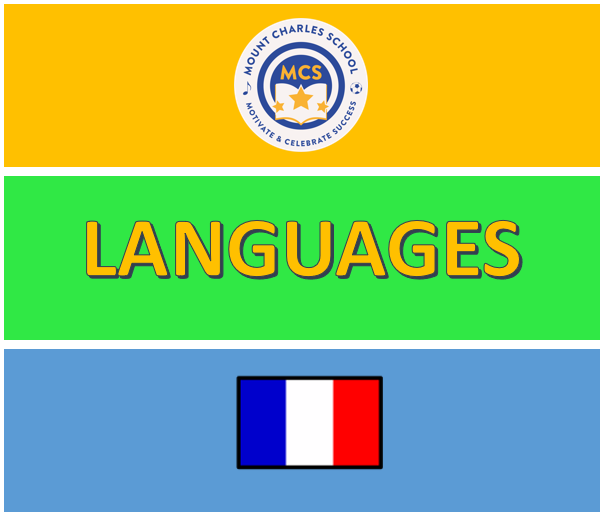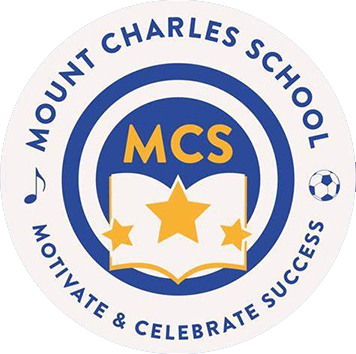 Proud to be a part of Cornwall Education Learning Trust
Proud to be a part of Cornwall Education Learning Trust

Languages

INTENT
“Learning a foreign language is a liberation from insularity and provides an opening to other cultures. A high-quality languages education should foster pupils’ curiosity and deepen their understanding of the world” (National Curriculum 2014 programme of study for Languages).
The 2014 National Curriculum for Modern Foreign Languages aims to ensure that all pupils:
- understand and respond to spoken and written language from a variety of authentic sources;
- are able to speak with increasing confidence, fluency and spontaneity, finding ways of communicating what they want to say, including through discussion and asking questions, and that they are continually improving the accuracy of their pronunciation and intonation;
- can write at varying length, for different purposes and audiences, using the variety of grammatical structures that they have learnt;
- discover and develop an appreciation of a range of writing in the language studied.
At Mount Charles School we are committed to ensuring that competence in another language enables pupils to interpret, create and exchange meaning within and across cultures. It also helps pupils develop skills that will open further opportunities later in life. The teaching of French in years 3 – 6, provides an appropriate balance of spoken and written language and lays the foundations for further foreign language teaching at KS3.
IMPLEMENTATION
Pupils are introduced to French from Year 3 and receive a weekly 30-minute lesson, throughout their time in school. This enables them to develop early language acquisition skills that facilitate their understanding of the patterns of language and how these differ from, or are similar to, English.
- Lessons across the key stage support the teaching of the four strands of speaking, listening, reading and writing and also develop understanding of basic grammar, including: feminine, masculine and the conjugation of high-frequency verbs; key features and patterns of the language; how to apply these to build sentences; and how these differ from or are similar to English speaking, listening, reading and writing.
- Pupils are taught to listen attentively to spoken language and respond, joining in with songs, rhymes and games.
- We use a variety of techniques to encourage the pupils to engage actively in the modern foreign language: these include games, role-play and songs (particularly action songs). We frequently use mime, pictures and games to accompany new vocabulary in the foreign language, as this teaches the language without the need for translation.
- Pupils develop the skills to write at length for different purposes and audiences and develop an appreciation of a range of writing in French.
The school has adapted the Twinkl scheme, to provide teachers at all levels of French with a weekly plan, to ensure that French is taught with accuracy and confidence.
Teaching resources include:
- Access to sound files to help with pronunciation.
- Detailed lesson plans to ensure progression
- Games, poems, songs and books to enable repetition of skills
- PowerPoint presentations to enable effective teaching.
- Access to writing opportunities
We allow for differentiation, with a range of strategies, which include:
- Providing resources and setting tasks of different complexities, matched to the ability of the child.
- Setting common tasks which are open-ended and can have a variety of responses.
- Providing speaking and writing frames to scaffold responses.
- Using a range of questioning.
We recognise that language learning in its broadest sense has three core strands - oracy, literacy and intercultural understanding. We also recognise that pupils should be encouraged to apply their knowledge and that we should equip them with strategies for language learning that they can use in the future, when studying another foreign language.
As a result, opportunities to develop knowledge about language (KAL) and language learning strategies (LLS) underpin the three core strands. This follows the five strands recommended in the KS2 Framework for Languages (DCSF).
We make the lessons as engaging and enjoyable as possible as we realise that this approach serves to develop a positive attitude in the pupils to the learning of modern foreign languages. We build pupils' confidence through praise for any contribution that they make in the foreign language, however tentative.
IMPACT
In Summer 2024, 65% of Year 6 pupils met the expected standard.
Subject Leader monitoring has shown that:
- lessons are planned to meet the needs of all learners including those with SEND and disadvantaged;
- teachers are secure in their subject knowledge;
- pupils talk with passion about French;
- pupils of all abilities feel success in French lessons;
- pupils are engaged in a wide range of linguistic activities;
- pupils are completing appropriate work in books, linked to the LO and desired outcomes.
Impact of languages at Mount Charles School is carefully tracked and measured by:
- termly monitoring of pupils’ work in gold books, seesaw and on display;
- termly learning walks to monitor quality of teaching and learning in French;
- discussion with pupils to ascertain engagement in French;
- monitoring of short-term planning to ensure all areas of the national curriculum are covered;
- triangulation of learning walks, book looks, planning and pupil discussion. o assessment tracking on the whole school online assessment tracker, Insight.
By the time pupils leave Mount Charles they will have a passion for language learning and be excited and ready to take on the challenges of learning additional languages at secondary school.


